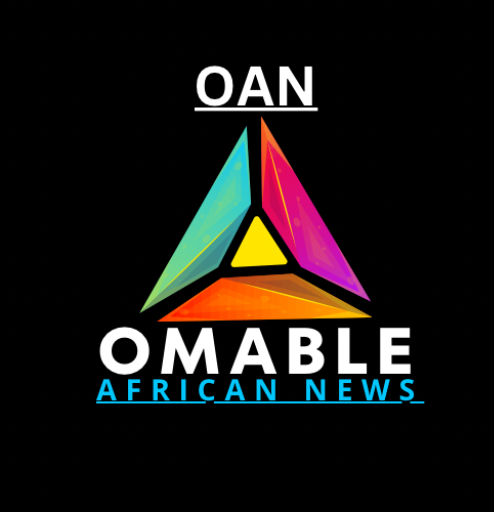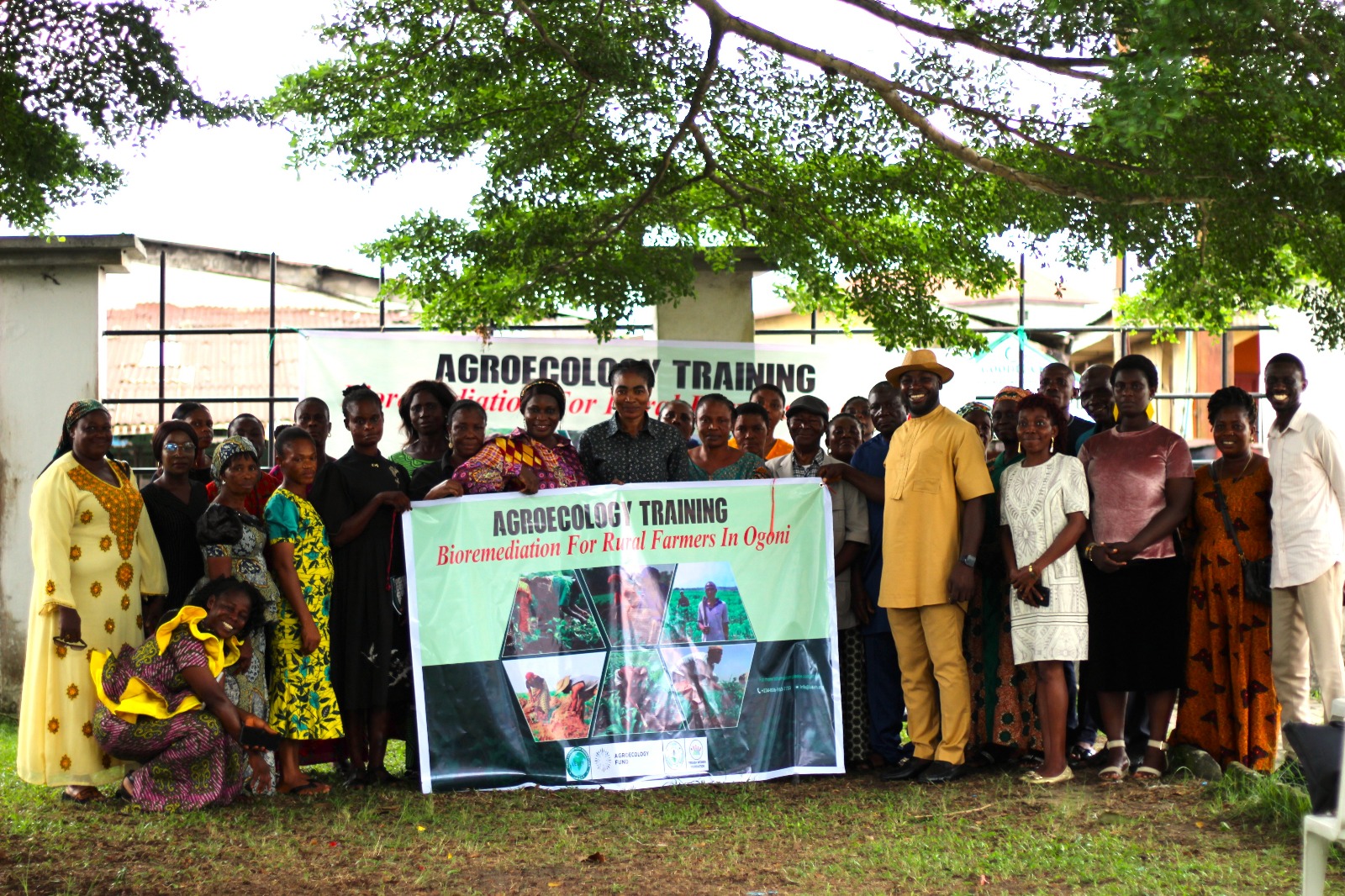Omiete Joseph
A group under the aegis of Lekeh Development Foundation, has emphasised the importance of healthy soil not just for farmers but the generality of the people in Ogoniland.
The group made the observation, yesterday, during a training it organised for farmers in Bori community, Khana local government area of Rivers State on bioremediation.
The Executive Director of the Foundation, Friday Mbani, informed that the reason for the training was to promote agroecology knowledge and help restore farmers’ livelihoods across Ogoni.
Mbani noting the impact of environmental degradation on the livelihoods of the people in the area, said the training intends to establish Ogoni Farmers Network.
He said: “As an organisation that is community-rooted that focuses on environment, we decided to draw some information from our farmers across Ogoni, the way their crops are no longer yielding well, the way pollution have affected their livelihoods, farmers especially.
We decided to launch an idea on agroecology training, what can we do to bring back our farmers lives, bring back life to what our farmers, mothers, grandmothers, women particularly because in this part of the world farming has been neglected and only the women, much numbers of women are those still engaging in the business.”
He added that the essence of the training, was to impart knowledge on farmers on steps they could take to preserve their farmlands when pollution occurs while waiting for government agencies to undertake full scale clean up and remediation.
In her presentation, Dr Chika Nwafor, a lecturer at the Department of Microbiology, University of Port Harcourt (UNIPORT) stated that bioremediation entails the restoration of the soil, where there is pollution.
She emphasised the need to prevent pollution and degradation of the environment.
Nwafor mentioned some of the ways that can be used to restore soil nutrients when oil spill pollution occurs to include scooping of the oil, introduction of biostimulants, microorganisms and soil nutrients, amongst others.
She said some of the measures of controlling soil pollution include biological control, chemical control, and physical control.
“Microorganisms are everywhere, in the soil they are there so when these things occur in the environment, when there is an oil spill in the environment normally microorganisms in the environment remediate but to what extent. That is where we try to bring in biostimulation. What are the things we need to add to the soil to help these organisms enhance remediation.
“So we have the nutrients, we have the cow dung. We also consider what are some of these amendments, what do we add to the soil, we have the sawdust, we have the arsh. These are things we just add to the soil to amend it then we begin to introduce the nutrients in form of NPK.
There are different methods, natural waste, organic waste. We also have bio augmentation where we introduce microbes into the soil to help indigenous microorganisms degrade the waste faster,” she said.
Speaking with journalists after the training, Nwafor pointed out that the training is an innovation where the organisation wants to bring remediation to farmers.
“We told them about the different techniques of bioremediation. We have the physical, that is when you have to scoop and clean, I made them understand that you can use plant to remove pollutants from the soil, we also looked at microbes, that is mushroom for remediation.
We also looked at the microorganisms that is the core remediation, that is the use of indigenous microorganisms to remediate the soil,” she stated.

